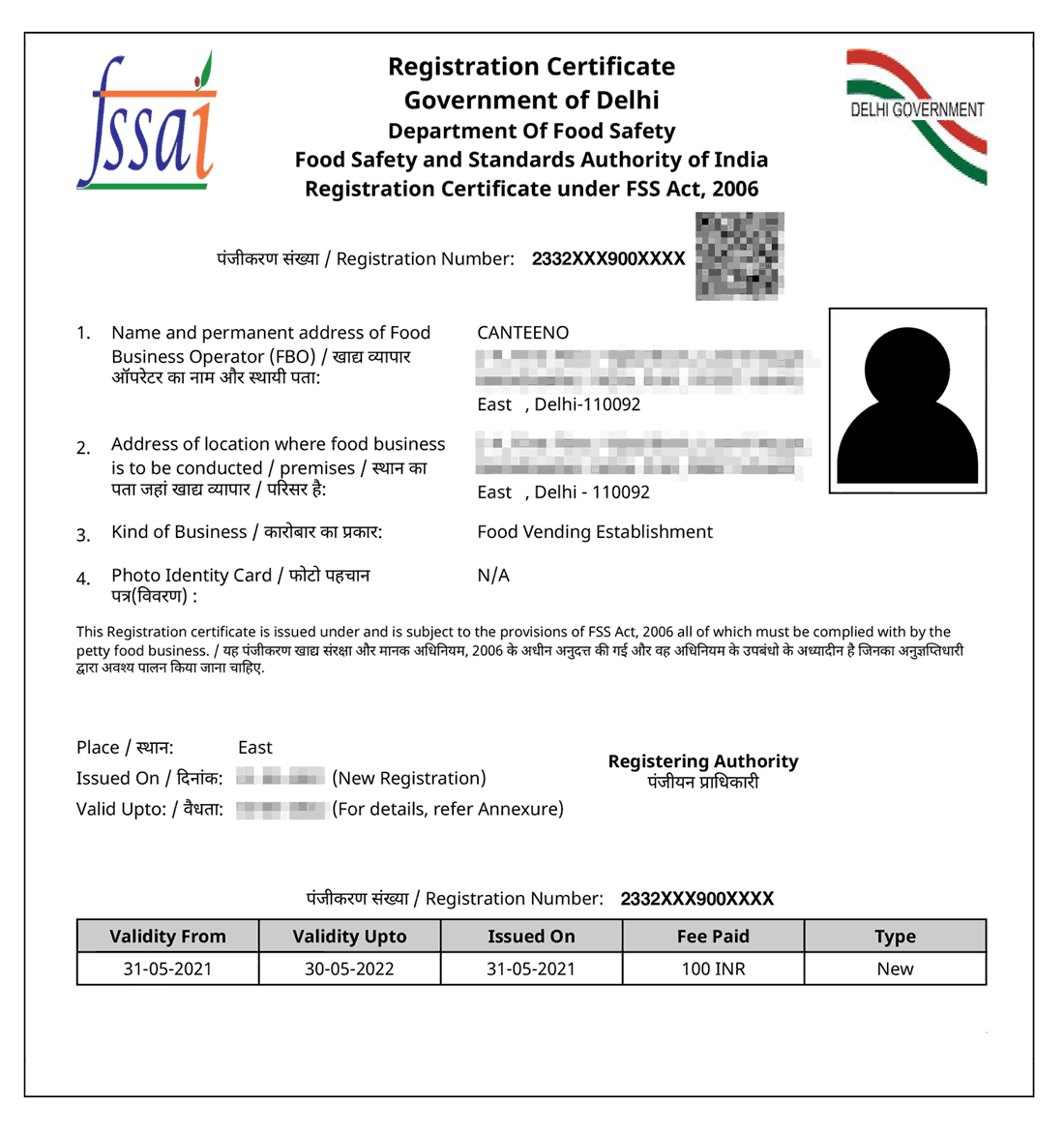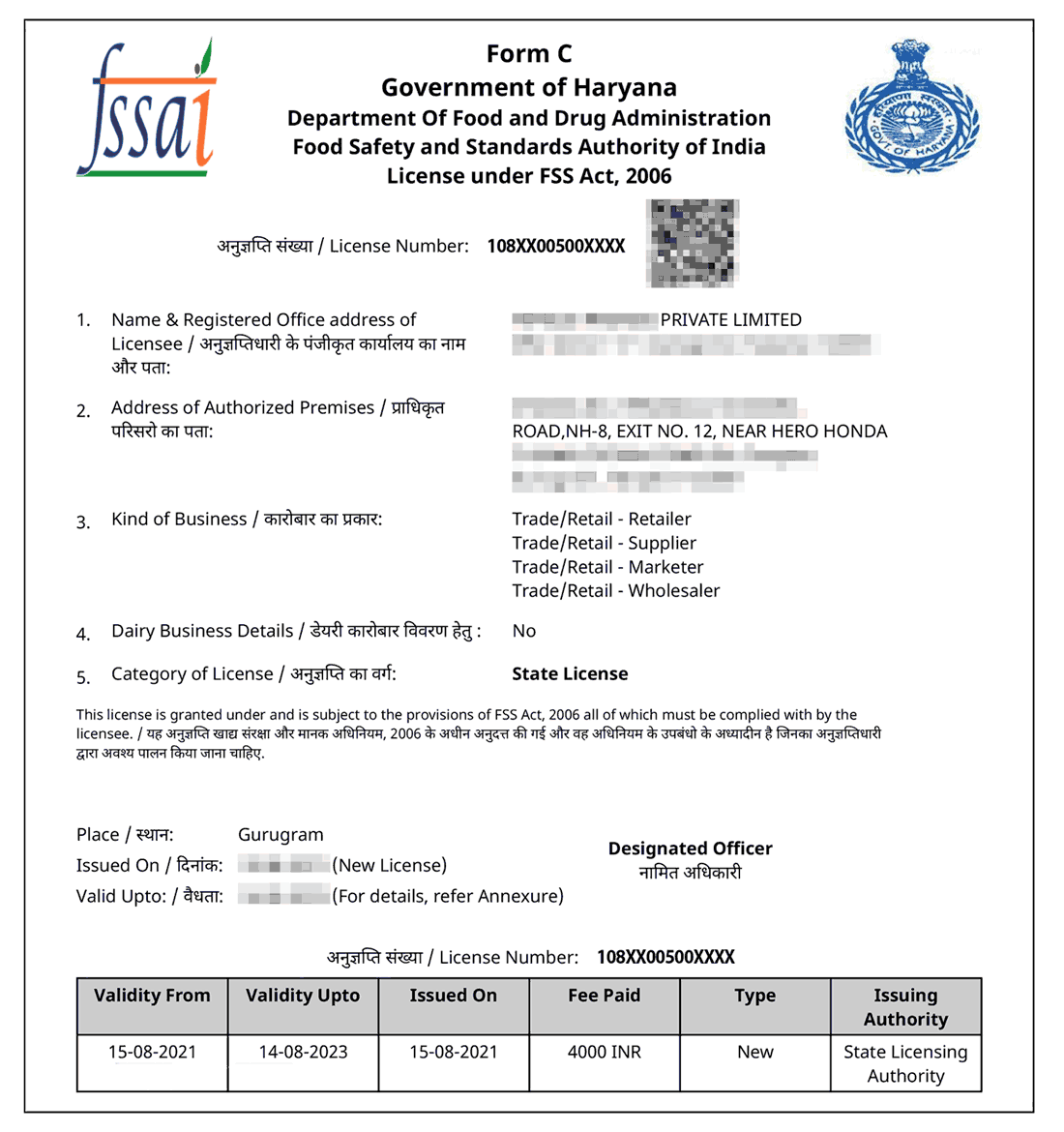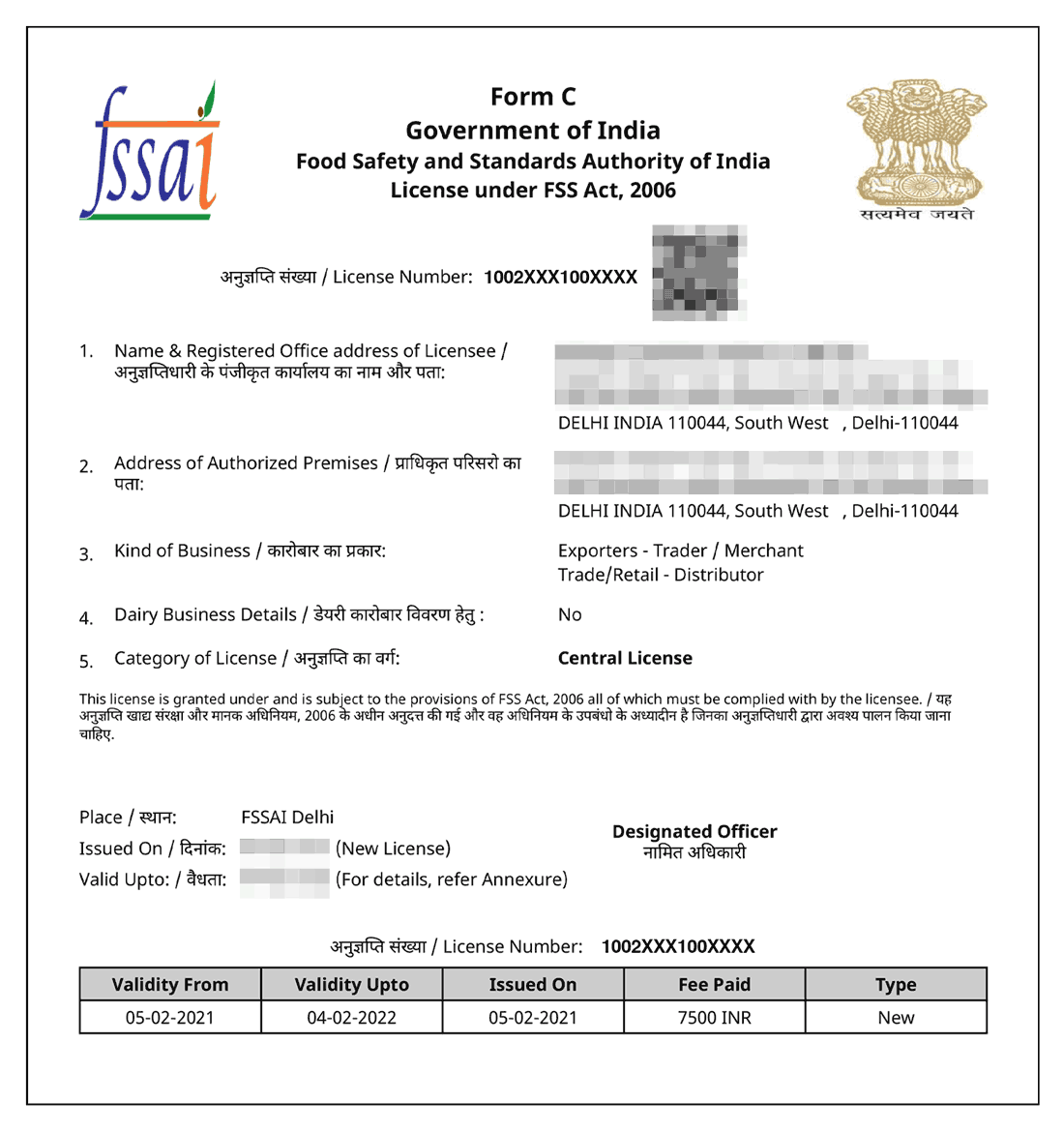Seafood requires strict adherence to hygiene, quality control, and safe handling from catch to customer. Whether you are a fish processing, packaging, exporting, or selling, an FSSAI License is a compulsion in India. The FSSAI regulates the seafood industry to ensure that the products entering the consumer's mouth are safe and conform to the food safety standards of the country.
All seafood-related industries-from local fish sellers, frozen brands-to large exporters-have to register with FSSAI. The FSSAI license serves as a mark of quality assurance, assuring consumers that the seafood they are buying has been hygienically processed and handled.
The types of licenses that can be applied for by seafood businesses are based on their size and turnover and include the Basic Registration, State License, and Central License. Exporters and large-scale seafood processors would typically require a Central license.
An FSSAI license is much more than just a legal requirement; it is also an asset to the business. It opens new markets, allows partnering with retailers, and even permits exports worldwide while shielding your brand image. With increased awareness of consumers with respect to food safety, your FSSAI certification gives further weight to your credibility and the market.
FSSAI License for Seafood Products [Sample]



The FSSAI license for seafood products is a mandatory food safety certification issued by the Food Safety and Standards Authority of India (FSSAI). It is compulsory for any business dealing with the handling, processing, packaging, distribution, storage, and sale of any seafood items like fish, prawns, crabs, shellfish, etc.
This license guarantees that your seafood products comply with hygiene and safety standards laid down under the Food Safety and Standards Act, to prevent contamination, the right practices of cold storage, and good handling of perishable seafood.
Either Basic Registration, State License, or Central License is required, depending on the size and turnover of the business. Exporters and large seafood processors normally need a Central License.
The following are the significant advantages of getting an FSSAI License for Seafood Products:
Documents Required for FSSAI License for Seafood Products, Basic Registration, State License, and Central License types:
| License Type | Documents Required |
|---|---|
| FSSAI Basic Registration |
|
| FSSAI State License |
|
| FSSAI Central License |
|
Acquiring an FSSAI License for Seafood Products: A Step-by-Step Guide
The first thing that the applicant needs to do is to access the official website of FoSCOS, the Food Safety Compliance System.
Before applying, it is very important to decide whether a Central or State License is to be obtained. Each location should be separately entered to decide on its eligibility.
Once the website is loaded, click "Sign-up" for the desired license type. Fill in the registration form with contact details, whereby the phone number and email address provided will be active and accessible.
Choose a unique username and set up a password during registration. Upon completion of the form, click 'Register' to finalize the sign-up.
Confirmation of account activation via SMS and email to the applicant after successful registration.
Use your new credentials to log into the system and fill out the online FSSAI Registration Application Form. All details should be correct and complete.
Before submitting online, print a copy of it. Once submitted online, a reference number will appear on the screen, very important for tracking the application process.
Within 15 days of applying online, a photocopy of the filled application form should be sent to the respective regional or state FSSAI office. This is so that the application is considered and processed.

FSSAI License Fees for Seafood Products vary based on the license type. The government fee starts at ₹100 for Basic Registration, ₹2,000 for a State License, and ₹7,500 for a Central License. Additionally, professional fees for application processing and documentation support are ₹1,500 for Basic Registration, ₹3,500 for a State License, and ₹5,000 for a Central License.
| FSSAI License Type | Government Fee (INR) | Professional Fee (INR) |
|---|---|---|
| FSSAI Basic Registration | ₹100 | ₹ 1,500 |
| FSSAI State License | ₹2,000 | ₹3,500 |
| FSSAI Central License | ₹7,500 | ₹5,000 |
Note: The aforementioned fees are exclusive of GST
It is necessary to secure an FSSAI License for anyone with an inclination to start a seafood business. This license allows you to process, store, export, or sell seafood products without any worry of not following the standards on food safety and hygiene. This license will also ensure that you are legally in business. Additionally, it builds trust with customers while enhancing brand credibility in a highly competitive seafood market.
With an increase in food safety awareness, an FSSAI license is beyond a legal formality and is fast becoming an assurance of quality and reliability. The company can also create avenues for any business extending nationally or internationally for export.
Why Professional Utilities?
Professional Utilities simplify registrations, licenses, and compliances for your business. With experienced guidance and nationwide support, we help you complete every requirement efficiently and effectively.

Complete Corporate Solutions

PAN India
Assistance

Free Expert
Guidance

Google-Verified
Team

Dedicated Support

Transparent Refund
Assurance
"Explore how Professional Utilities have helped businesses reach new heights as their trusted partner."
Testimonials

It was a great experience working with Professional Utilities. They have provided the smoothly. It shows the amount of confidence they are having in their field of work.

Atish Singh
It was professional and friendly experience quick response and remarkable assistance. I loved PU service for section 8 company registration for our Vidyadhare Foundation.

Ravi Kumar
I needed a material safety data sheet for my product and they got it delivered in just 3 days. I am very happy with their professional and timely service. Trust me you can count on them.

Ananya Sharma
Great & helpful support by everyone. I got response & support whenever I called to your system. Heartly thanx for Great & Super Service. Have a Great & Bright future of team & your company.

Prashant Agawekar
Thank you so much Professional Utilities team for their wonderful help. I really appreciate your efforts in getting start business. Pvt Ltd company registration was smooth yet quick.

Abhishek Kumar
I applied for Drug licence and company registration and their follow-up for work and regular updates helped me a lot. They are happily available for any kind of business consultancy.

Vidushi Saini
Great experience went to get my ITR done, process was quite convenient and fast. Had a few queries, am happy about the fact those people explained me all things I wanted to know.

Taniya Garyali
Great services provided by Professional Utilities. They are best in this industry and the best part is their prices are so affordable. Kudos to you. Now you guys are my full-time consultant.

Aftab Alam
Frequently Asked Questions (FAQs)
Yes, every seafood business in India is legally required to obtain an FSSAI license to proceed with its operations within the ambit of national food safety regulations.
Seafood exporters are required to avail of a Central FSSAI License as they have to deal with international operations on a larger scale.
Yes, if a small fish seller's annual turnover is below ₹12 lakhs, he/she can apply for Basic FSSAI Registration.
It usually takes about 7-30 working days, depending on the license type and document verification process.
The following are documents that would be required: a business registration document, FSMS plan, layout of the unit, water test reports, and NOC from authorities.
Yes, acquiring a valid FSSAI license is required if you are trading seafood through e-commerce platforms or on your own website.
Validity of the license for every seafood business would be between 1 to 5 years, and renewal should be done before it expires, to avoid penalties.
Conducting a seafood business without an FSSAI license may lead to fines, penalties, and or shutdown of operations.